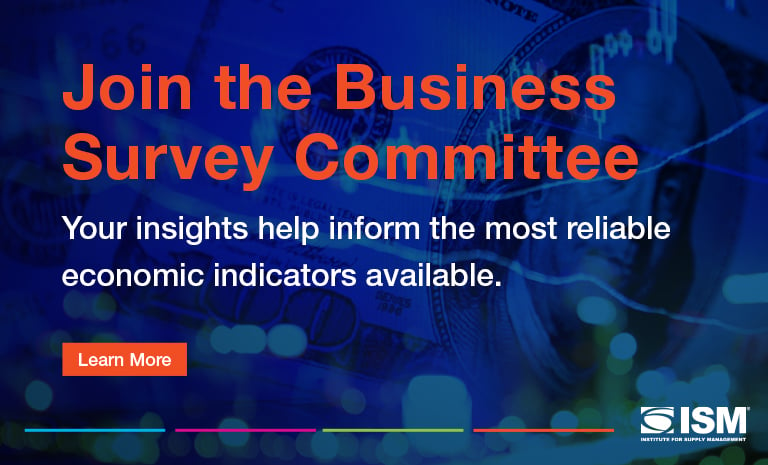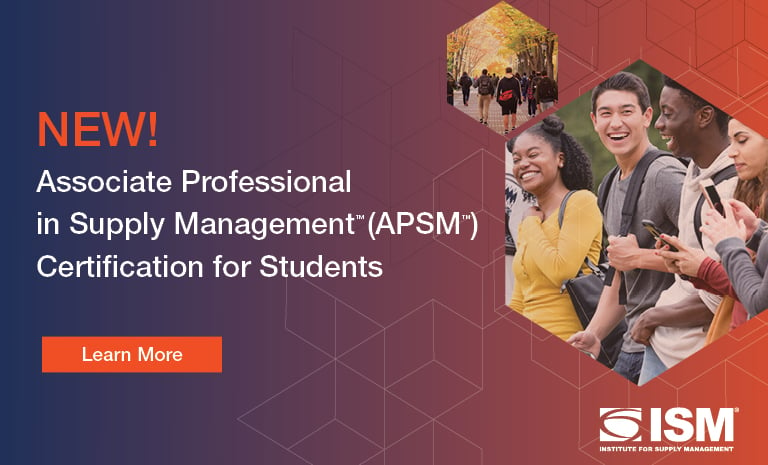Perspectives

How can practitioners approach negotiations to yield better results?
Dealmaking is not a one-size-fits-all process. Nevertheless, common themes exist in the value-creating process. In your approach to any negotiation, you’ll want to consider such levers as relationship health, a supplier’s historical performance, criticality, market forces, spend profile and opinion. Utilizing these levers — and the data/intelligence behind them — in preparation for a negotiation is essential.
Approach. Combining multiple facts into a concise, aligned message can be tricky during the planning phase. Ensure that (1) facts/intelligence are valid and (2) the business and procurement function are communicating as one voice in delivering the message; otherwise, the negotiation quickly loses credibility. Use best alternative to a negotiated agreement (BATNA) and zone of possible agreement (ZOPA) as best practices. Remember, the supplier wants to retain its margin as much as you want to decrease the cost.
Levers. Many combinations of value levers can apply to just about any deal. Is the product being purchased in a declining market (old technology)? Is the supplier or product new or unproven? Is the supplier responsive and receptive? Are there new entrants? What is the relationship length? What is the historical spend and trajectory? Does the supplier know it has competition? Is the supplier flexible? Is risk being accepted or transferred? Is the proposal cost competitive? Is the supplier adding additional value, such as improved payment terms, training, extended warranties, freight, tooling or discounts/rebates?
Having multiple offers is beneficial, as each supplier might bring something new to the table. Depending on your organization’s policy, a good supplier that has consistently delivered cost, quality, service and flexibility may deserve to be notified before the bid event. Or you may consider simply negotiating with the incumbent based on the market intelligence, if appropriate.
Persistence. The best negotiators are persistent, polite, creative and humorous. Never accept the first, second or perhaps even the third bid. Rely on BATNA and ZOPA as your compasses to indicate how much more you can negotiate, then nudge more. Additionally, contracts are not “one and done.” You can negotiate throughout the life cycle of the relationship; as industries, indexes and entrants change, so should the contract. Finally, don’t give in to supplier pressure tactics.



